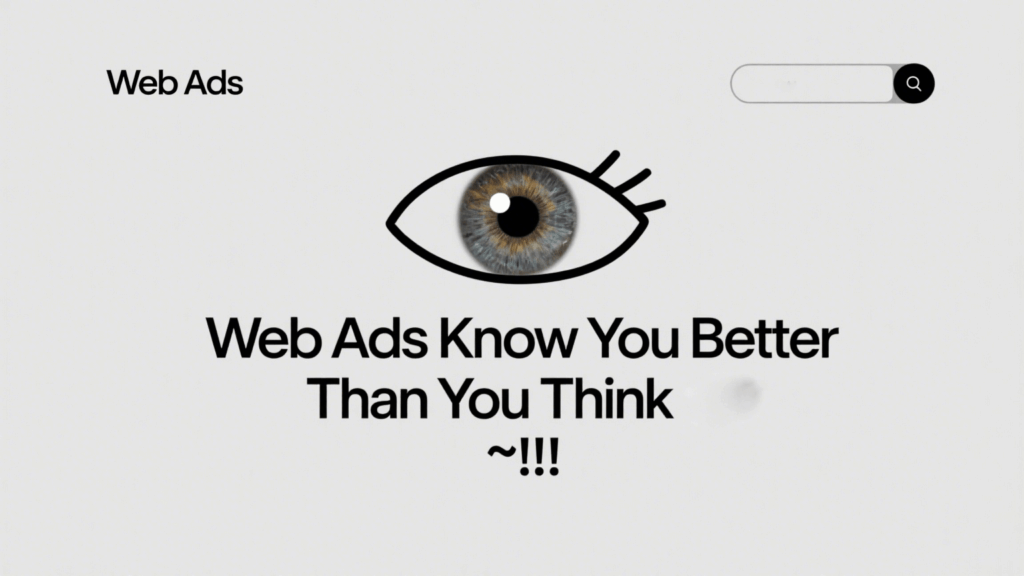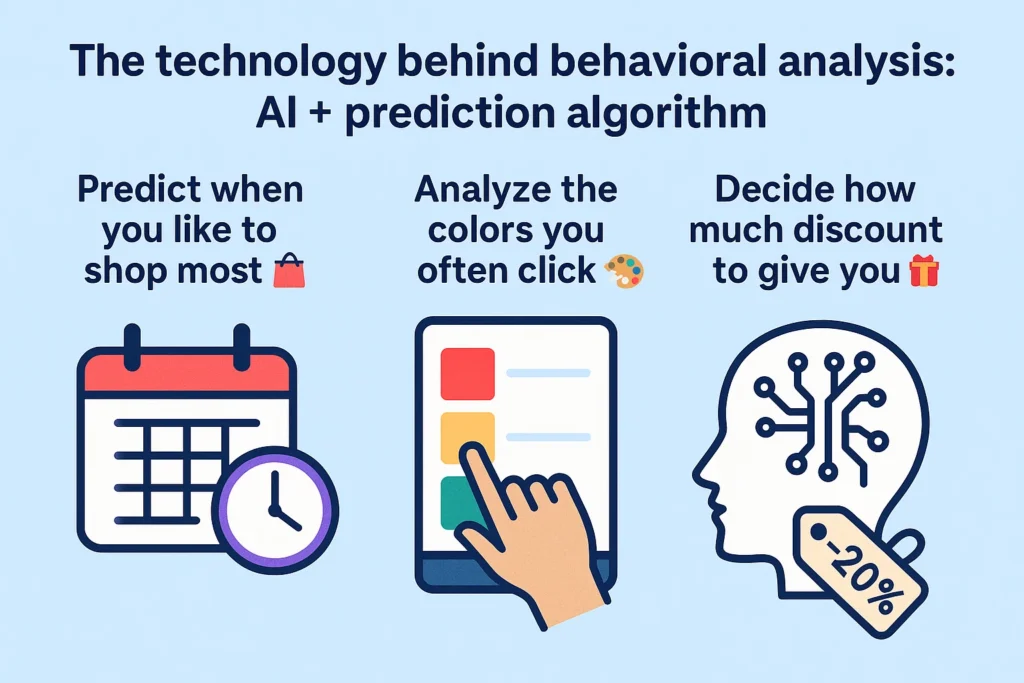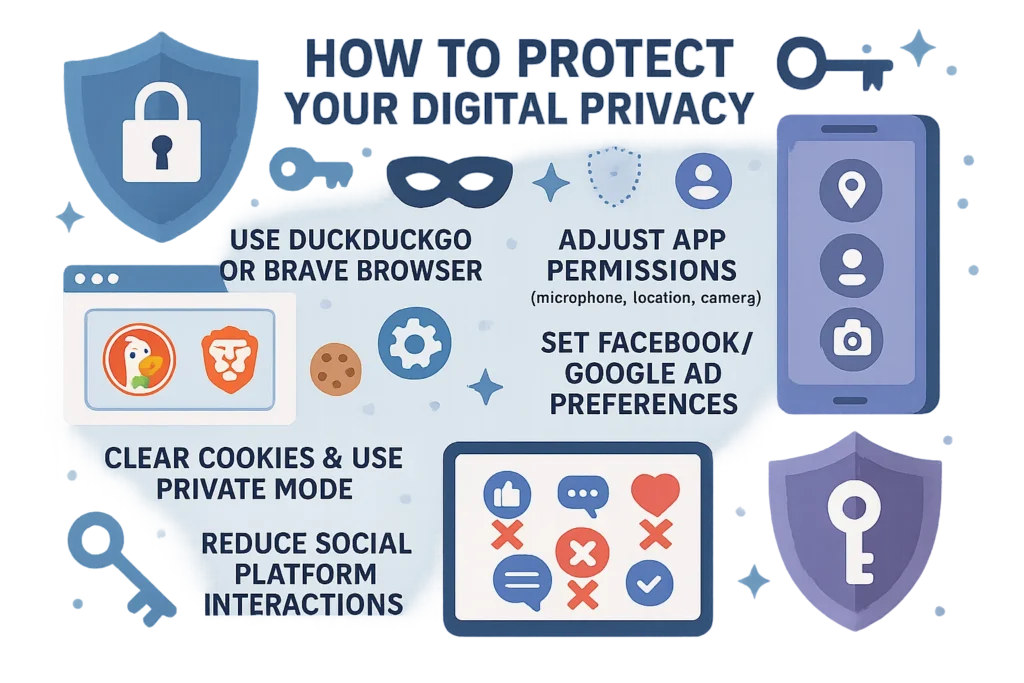Did it happen to you that you were shopping for shoes online and noticed that the same items were still presented to you as ads on other websites? It’s also not uncommon for people to see ads on their social media accounts about the same products they had been talking about close to the phone. Well, you are not crazy. The truth is, the internet is using a primary purpose to keep records of your activities on and offline—most of which you have consented to without being aware of it.

The Invisible Trade: How Your Data Is Collected
No one reads the terms and conditions when they browse the internet or download an app or sign up for a new service. Yet, if they ever decided to read through those lengthy legal documents, they would find out that certain clauses within the policy allow the company to obtain and transmit the customers’ data. Among other things, the list includes:
- Browsing history
- Search queries
- Location data
- Purchase behavior
- Social media activity
As a result, the provided set of information is frequently sold or exchanged with advertising networks that employ it for the serving of highly-targeted promotional content. Hence, we can say that the web ads are so well aware of your profile.
Cookies are those small files that reside on your computer, and they are what makes tracking your information easy and common. While some cookies are indispensable, others can be used to trail you across different sites, thus, gradually knowing more and more about you.

You Gave Them Permission (Kind Of)
By agreeing to the cookie policy of a website or installing an app without any adjustments to the permission settings, you are basically telling the advertisers it is okay to go ahead. Although this may not look like an explicit affirmative behavior, the law has it that your consent is already implied in many situations.
Social media platforms and search engines are significant data collectors and for “improving the user experience,” it frequently signifies that advertising is done in a more targeted manner. Voice assistants, smart TVs, and even wearables are all part of this data stream.
This is the way web ads are familiar with your personalities. It’s definitely not a magic trick—it’s already the surveillance that is normalized.
Behavioral Profiling and Predictive Advertising
The driving force of the advanced advertising is machine learning and artificial intelligence. Algorithms go through your previous behavior to forecast what you will do next:
- Are you likely to click this ad?
- When are you normally in the buying mood?
- Which colors or expressions grab your attention?
Based on this info, advertisers can not only provide the required content but also make it appeal to your subconscious mind. Companies do behavioral profiling to decide the order in which they show products to you, a number of discounts they offer to you, and the frequency of being targeted.
Your Digital Identity Is a Commodity
Data is often referred to as the “new oil,” and that’s an appropriate analogy. Your own data is a most valuable commodity in the digital world. The lifecycle of the digital economy revolves around the continuous acts of gathering, analyzing, and making the most of your data that have become so common.
To expand the narrative, the extent to which the advertisers have had the chance to learn more about you corresponds to the scale to which they have been successful in their selling ambitions. Nonetheless, the price of this occurrence is your privacy.
How to Reclaim Your Digital Privacy
If you are indeed wary of the way in which web ads know more about you, there are ways designed to limit tracking and protect some of your privacy:
1. Use Privacy-Focused Browsers and Extensions
Applications such as Brave, DuckDuckGo, or Firefox come with a lot of privacy-related gadgets. Tools like Privacy Badger or uBlock Origin can prevent trackers from tracking your online activity.
2. Adjust App and Device Permissions
Always verify and manage your settings in order to regulate app permissions to resources like the camera, microphone, location, and so on.
3. Opt Out of Targeted Ads
Most major platforms like Google, Facebook offer ad preference settings. Making slight adjustments to these settings can still lead to a drop in the bombardment of personalised ads, though they are not 100% accurate.
4. Clear Cookies and Browsing Data
Wiping browser cookies on a regular basis can do a lot in terms of minimizing tracking over time. Yet, the best thing to do would be to browse the internet privately whenever it is possible.
5. Limit Social Media Sharing
Make sure to only share what you want to be known. A simple act of liking, following, or commenting expresses much about you and sustains the growth of your advertising profile.

The Future of Digital Tracking
In response to increased attention, there are some governments and organizations that are demanding more effective regulations in the domain of digital privacy. Both the General Data Protection Regulation (GDPR) in the European Union and the California Consumer Privacy Act (CCPA) in California are steps that lead us in the right direction, helping individuals to regain control over their information.
Be that as it may, it’s mostly up to the people to comprehend and handle their virtual exposure. In the time that the digital marketing business is capable of making huge profits, the methods that are responsible for adverts recognizing and targeting you via the internet won’t be obsolete soon.
Conclusion: Knowledge Is Power
One thing that remains certain is that knowing why and how web ads are tracking you sets you on the path of digital self-protection. Even though being 100% anonymous online is out of the question, being aware of the issue enables you to make choices that are not detrimental to your digital footprint. So stay inquisitive, stay vigilant, and keep in mind that your data is yours up to the point you release it.